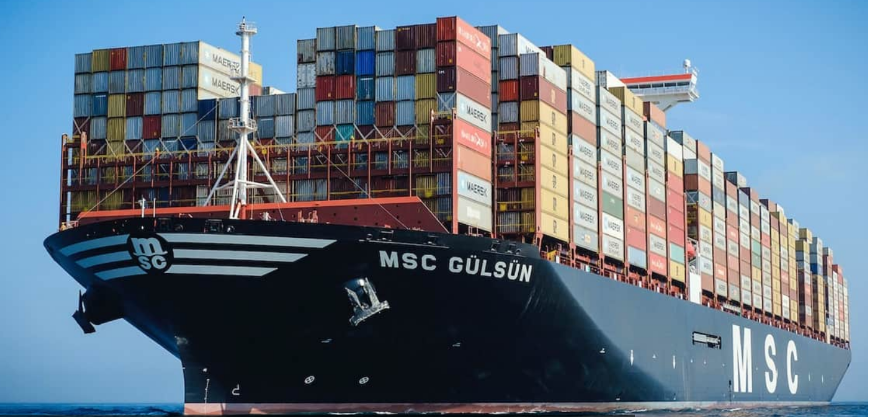
The Covid-19 pandemic has generated enormous uncertainty around the world. Company boards are re-assessing the risk of being exposed to the current complex supply chains and individual countries, including those in Europe and the USA. To date, there has been concern that, for example, up to 97% of antibiotics are sourced from China (as highlighted by the Council for Foreign Relations).
A 2 min video considers the potential for the end of ‘hyper globalisation’
The complex nature of global supply chains has encouraged companies to turn to technologies such as Blockchain- powered platforms, such as Tradelens (backed by the shipping giant Maersk and IBM) or Oracle’s CargoSmart, in order to improve efficiency, cut
costs and fraud and therefore hopefully lead to more transparency and trust. The era of hyper-globalisation (1990–2008) was where we saw production being moved to low wage countries, thus helping to drive down inflation. The fall of the iron curtain, China joining the World Trade Organisation and adoption of ‘containerisation’ (which now accounts for 60% of the value of seaborne trade) all fuelled the race to globalisation. The Centre for Economic Policy Research (CEPR), which is a network of universities and over 1,300 researchers, claims firms are reassessing business models which rely on global supply chains. These business models are also being changed due to increased use of robots and additive manufacturing, which are bringing factories and jobs back to more developed countries.
The era of hyper-globalisation, according to the CEPR, came to an abrupt end in the Global Crisis of 2008/2009, subsequently due to a wave of uncertainty that had been triggered in the world economy. Between 2008 and the euro sovereign area debt crisis in 2012, Bretton Woods had a huge impact on the post-World War 2 global economy in encouraging global trade, as did the IMF and the World Bank (both of which are heavily influenced by America where they are based) The questions is - how relevant are they still? It would appear that as nationalism is on the increase, both witnessed by Trump’s “make America great again” and BREXIT in the UK, technology is making old jobs redundant, thus altering the world of work - is this going to force politicians to focus more on the task of retraining workers and less on global trade?


